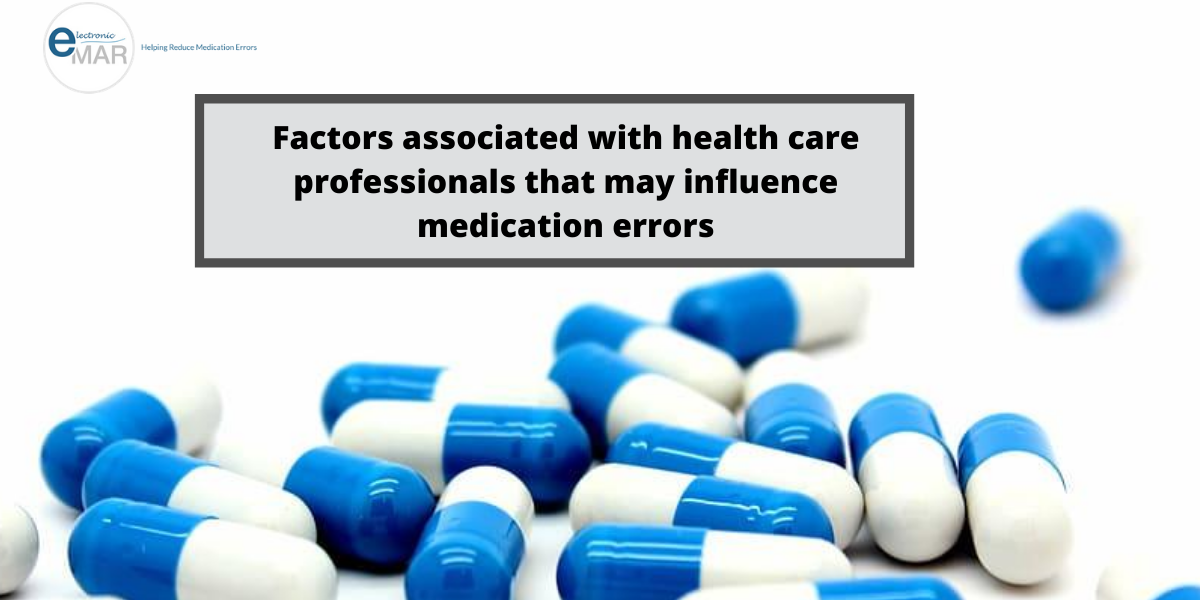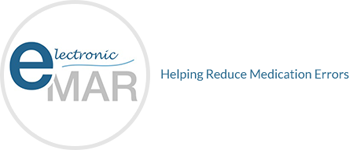According to a report, more than 237 million medication errors are made every year in the UK. Medication errors can occur at any stage be it prescribing, dispensing or administering medications. Most medication errors are preventable. One of the best ways to reduce the risk of medication errors is to take an active role in your care home. Be it poor communication among caretakers or staff burnout, there are several factors associated with health care professionals that may influence medication errors.
Over here we discuss how can you address these factors and reduce the risk of medication errors:
- Inadequate drug knowledge: When caregivers do not possess adequate drug knowledge they do not know how different drugs interact with each other and they may also get confused between same-sounding drugs. A lack of drug knowledge compromises patient safety. Regular medication awareness training can go a long way in managing the residents’ medical needs effectively.
- Lack of training: One of the practical ways to address medication errors is ensuring that staff is receiving adequate training from time to time. Incorporating medication-safety related information in training will help reiterate the message. Conducting weekly performance reviews to get an overview of areas where the staff is lagging behind can help care home managers address the issues effectively.
- Miscommunication between staff and doctors: Sometimes medication errors can stem from poor communication among the nursing staff and the doctors. This can be either verbal or written communication. Poor handwriting, ambiguous abbreviations, verbal instructions, etc, can lead to medication errors.
- Staff burnout: Long working hours, physical and emotional exhaustion are some of the challenges caregivers deal with on a daily basis. Doing the same job day in and day out can take a toll on care workers. As a care home manager, you should look out for signs of burnout in the early stages and address them. Ensure all care workers are getting time-offs so that they get to do things other than caregiving.
From choosing the right medication for the right patient to ensuring the right dosage route, the administration of medicines involves a lot of work. On top of that, the care worker has to document all this, involving multiple layers of manual cross-checking. As a result, care homes are increasingly realising that it is no longer feasible for care workers to check paper-based MAR sheets. Which is why they are automating medication administration process by shifting to eMAR- a software that can be installed on mobile devices. eMAR will help you reduce mistakes occurring due to illegible notes or missed signatures. Real-time medication alerts mean no dose is missed. This will save valuable time of the caregivers, letting them focus on providing person-centred care to the residents. As part of our offerings, we help you with training and top-up training. To book a demo, click here.








